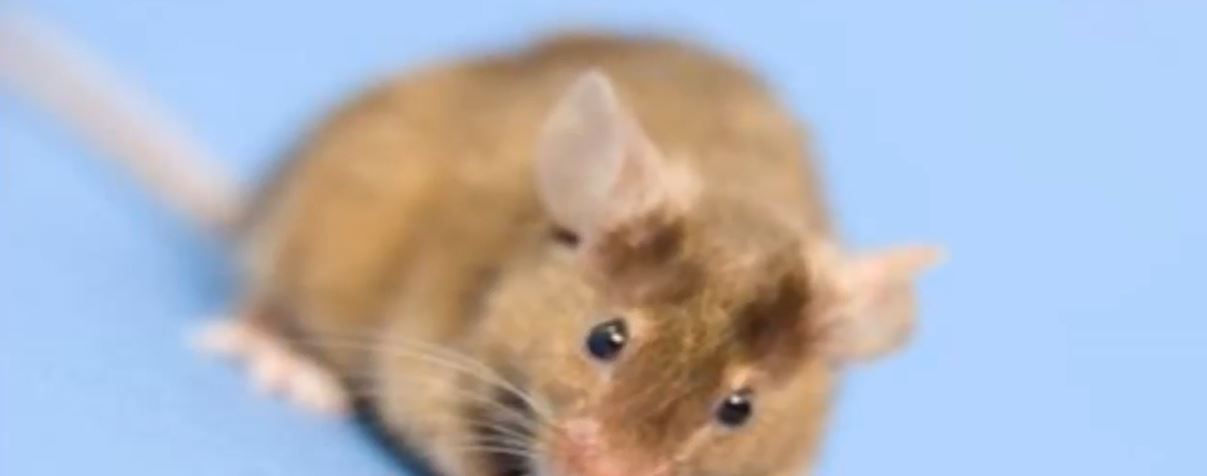House Mouse Prevention Tips: How To Keep House Mice Away

The house mouse is one of many animals that can be wild or domesticated and the wild versions can wreak havoc on your home. They may damage surfaces by chewing, eat your food, or simply leave waste behind. In some cases, they may even transmit disease, posing a health risk. While it is possible to take care of mice once they are in your house, the best thing to do is to keep them away in the first place. Preventing house mice is similar to preventing other animals, but with a few unique considerations.
Home Repairs
Mice are very small rodents and can fit through tiny holes. This means that if you have any gap, hole, crevice, or crack in your home that is bigger than a pen cap, you should seal it up. You can use wood to seal these holes, but that will only be a temporary measure as the mice can chew through it. Instead, try using a mixing compound or cement.
Check all over your home, leaving no spot overlooked. Mice might enter through a gap by your ceiling or window. Make sure all screens are complete and that you caulk any holes around these entry points. Also, make it a point to keep windows and doors closed whenever possible. Sewer lines and drainage pipes also make excellent entry points, as do plumbing or oven gas lines. Mice may also enter through cracks along the foundation. If you have a connecting garage, make sure that there isn't a way for mice to get between the garage and the rest of your house as it is typically easier for them to get inside a garage door.
Do a thorough check of your home at the end of summer to make sure there are no potential entry points. This will help you prevent house mice from entering when they are most likely to try, during the fall. Don't be afraid to hire a professional handyman or animal expert to help with this as the untrained eye is likely to miss cracks.
Cleanliness And Removing Food
With mice, cleanliness is another major concern when it comes to prevention. By keeping your home clean, you will remove potential food sources that may attract the mice. Even small steps can make a difference, such as washing dishes right after you use them. Make sure your trash cans are securely closed so mice can't get inside. You should also store all of your food in a secure container with a tight lid or in the refrigerator. If you have pets, avoid leaving their food outside all day long. Instead, only keep it out while your pets are eating so mice aren't attracted to the leftovers.
Regularly wipe down tables and counters to make sure there are no crumbs left. You will also want to sweep your floor regularly. While taking the time to clean your home, don't forget to remove clutter as well. Mice enjoy small, dark areas so they may make an old cardboard box, pile of papers, or old clothing into a comfortable place to live.
Clean The Exterior
While mice prefer to live inside your home, they may also take up residence right outside if that is their best option. They particularly enjoy leaf, compost, and firewood piles so move these items as far from your home as you can. The general idea is to remove potential shelter that is within 30 feet of your home. Many experts and professionals say mice are likely to move to a new shelter within this distance of their current home when it gets cold outside or something else makes their home unappealing.
Also, give your property a quick glance. If you have trees with berries or nuts, clean up the spilled fruit as soon as possible. Make sure that you don't have scattered birdseed on your property either as house mice enjoy eating seeds. If you store garbage outside, don't forget to keep those containers tightly sealed like those inside your home. You should ideally store garbage a bit away from your home if it is an option.
Natural Remedies
There are plenty of natural mouse repellents and remedies recommended online, but not all will work. There is no harm in trying most of the natural options, but you should not expect them to work perfectly by themselves, so always combine them with other methods.
Cloves, bay leaves, or mint are all popular suggestions for deterring house mice. The idea is to put these by the areas you store food so the mice won't be attracted to the food. You can also consider getting that cat you have always wanted to have as another natural deterrent.
Unfortunately, most store-bought house mouse deterrents will work about as well as natural ones, meaning they will not give you consistent results. Because of this, it is best not to waste your money on these things and instead focus on keeping your home sealed and clean.
Read the How to get rid of mice page for helpful information and to learn more about House Mouse Prevention Tips: How To Keep House Mice Away

